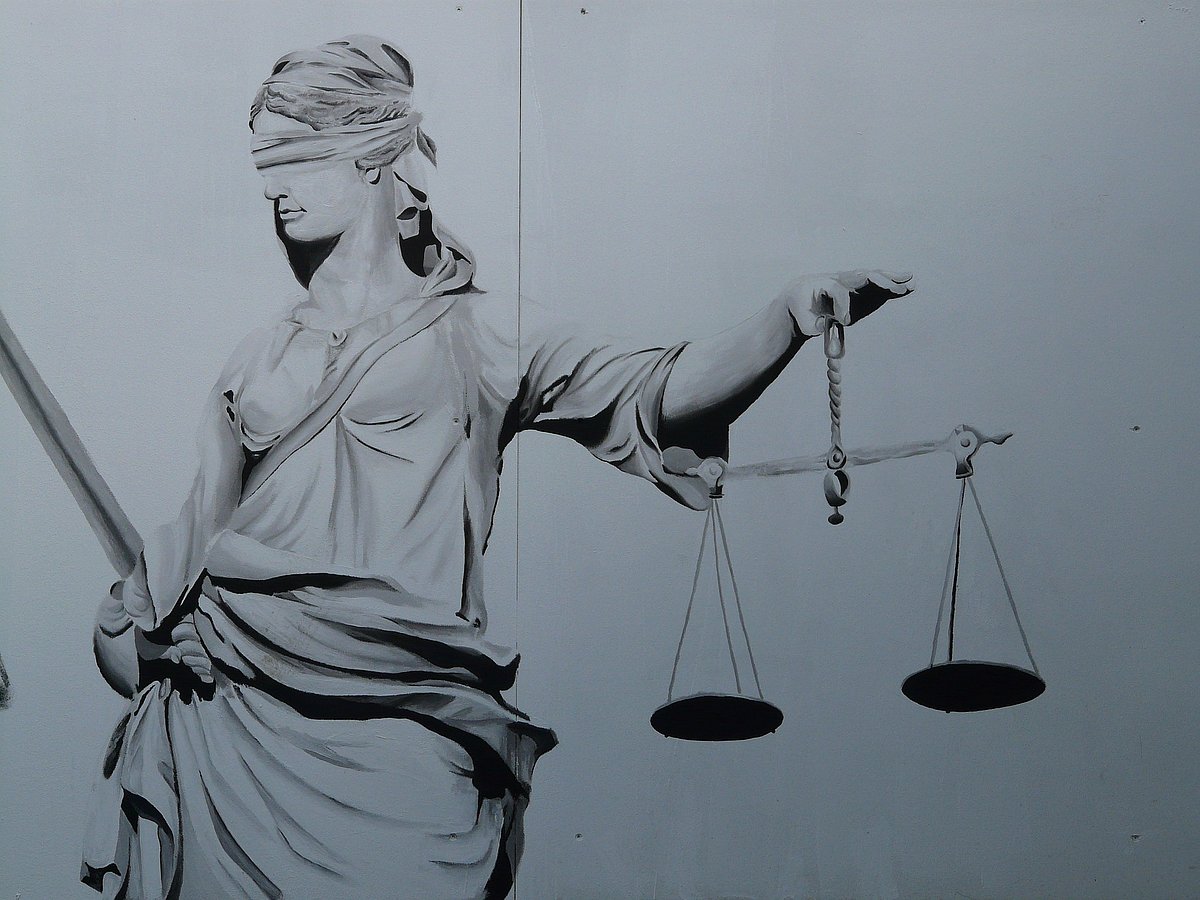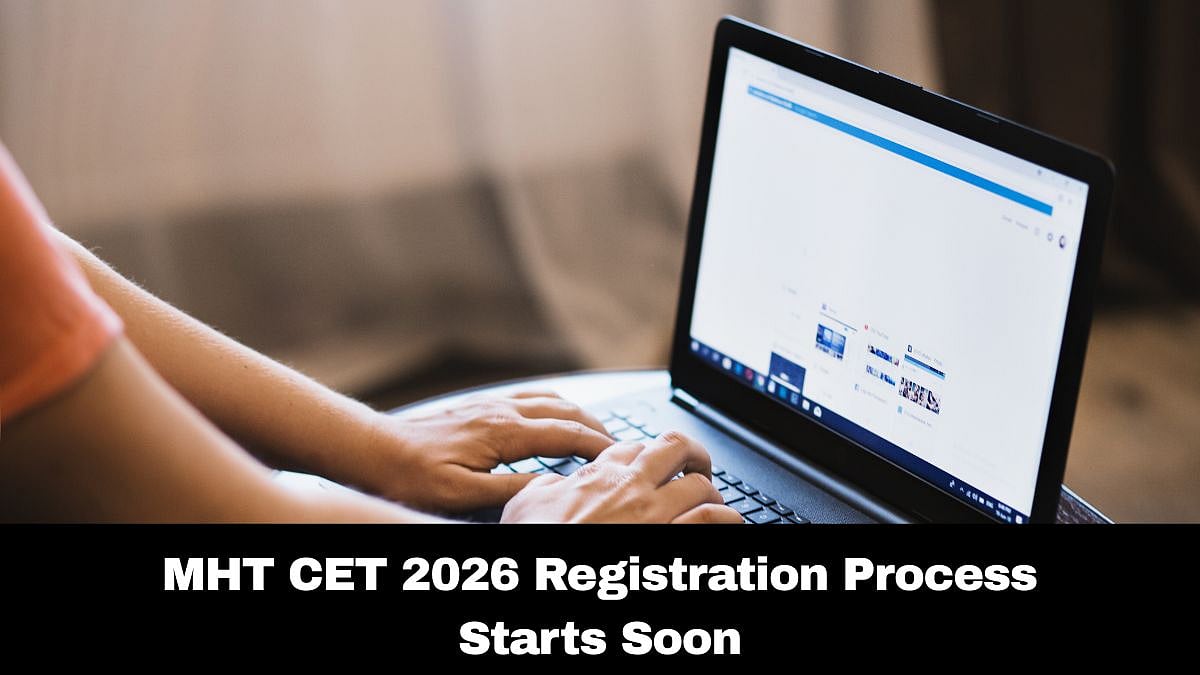The Bombay High Court by any other name will remain the same. At least, this is what the litigants, lawyers and judges would think. Or so we are told. Not so, feels a petitioner who sought a change-of-name of the 158-year-old Bombay High Court to the more ubiquitous Maharashtra High Court.
This would create a problem because the Bombay High Court also has a bench in Goa, which is a separate state. It had a separate civil law system under the Portuguese with separate civil and criminal codes, a unique succession law which was gender neutral. Hence, changing the name of the Bombay High Court to Maharashtra High Court would be doing a disservice to Goa and Goans, opine some Goan lawyers.
However, the Supreme Court has issued notices to the Union and state governments seeking their response to this plea seeking the Bombay High Court's name be changed. This implies that the judges have taken up the issue seriously. The point here is the apex court is overburdened with life-and-death PILs such as migrants being deprived of their right to life and livelihood under the triumvirate of Articles 14, 19 and 21. Another PIL seeking bonded labour be freed from three brick kilns in Bihar and Uttar Pradesh was heard by a division bench of Justice L. Nageswara Rao and Ravindra Bhat. This was allegedly the same bench which had earlier remarked: "If these migrants want to walk, how can we stop them," which was widely publicised.
The 187 brick kiln bonded labourers include pregnant women and children who are being forced to work in inhuman conditions despite the Bonded Labour Prohibition Act, 1976, according to the petitioner Zahid Hussain. So, the issue of changing the name of the Bombay High Court to Maharashtra High Court which may appease regional chauvinism may be construed as consuming too much judicial time qua weightier issues.
Another broadside has been unleashed by a senior advocate Dinesh Dwivedi who lambasted a former CJI R.C. Lahoti for advising the Supreme Court not to advise the government how to deal with the migrants' woes because the three wings of the state must trust each other.
The 35th CJI Ramesh Chandra Lahoti seems to concur with the 48th (present) CJI Sharad Arvind Bobde that the government has the men, money and materials to handle the migrants' woes. So, those who are selected in secrecy should not advise those who are elected lest this be construed as "the tyranny of the judiciary."
Whether it is tyranny or not, judges of the Supreme Court and 24 high courts take a unique vow to "uphold the Constitution."
This oath implies the judiciary is sworn to uphold the fundamental rights of the 187 bonded labourers and crores of migrants against their biggest adversary which is the elected government. For governments comprise ministers who strive to repay those who elected them by trampling upon the rights of bonded labourers and migrant workers. And when the judiciary headed by CJI Sharad Bobde feel that the judiciary should not tread on the toes of the government during crises such as pandemics and riots, some of these judges are reneging on their oath to uphold the fundamental rights of all citizens against the government. For it is the government which is the biggest litigant in all Indian courts.
This is not to say that Supreme Court judges do not pass orders against governments. A three-judge bench of Justices L. Nageswara Rao, S. Murari and Ravindra Bhat threatened the Y.S. Jaganmohan-led government in Andhra Pradesh with contempt of court if flags belonging to different political parties, including the ruling party, were not removed within four weeks from all government buildings including those belonging to the panchayats.
But these orders are random occurrences. It will be interesting to watch the fate of a PIL filed in the Delhi High Court seeking that the PM CARES Fund should be brought under the ambit of the Right to Information because the chairman of the fund is Prime Minister Narendra Modi and has the home and finance ministers as some of the trustees. Paradoxically, the trustees are sitting on a huge corpus of Rs 10,000/- crores collected by donations from the public and public sector organisations.
How these PILs will finally be disposed of will prove to what extent the superior judiciary is free from government influence. It is these Supreme Court judges who must decide if a PIL seeking to rename India as Bharat is frivolous or not. This is why we need an All India Judicial Service on the lines of the IAS and IPS to ensure the best and the brightest join the subordinate judiciary.
This is why the Modi government will soon enact a new law to create an All India Judicial Service for nearly 20,000 subordinate courts in India. Never mind the striking down of the 99th amendment to uphold judicial independence. Justice Kurian Joseph has publicly declared he regretted striking down the NJAC Act.
Some of our future chief justices will be elevated from this pool of the All India Judicial Service because one-third of high court judges are elevated from district judges or principal judges of city civil courts. Of course, this new law has yet to be passed by Parliament. But the BJP has a sufficient majority to ensure it will be passed. And so this law will ensure the government does have a say in who will be appointed as judges in the subordinate courts of all states. Independence of the superior judiciary notwithstanding.
After all, the Supreme Court is supreme because it is final. Not because it is always right. And CJIs like Justice Sharad Bobde and his predecessor Ranjan Gogoi know this very well.
The writer holds a Ph.D in Media Law and is a journalist-cum-lawyer of the Bombay High Court.









